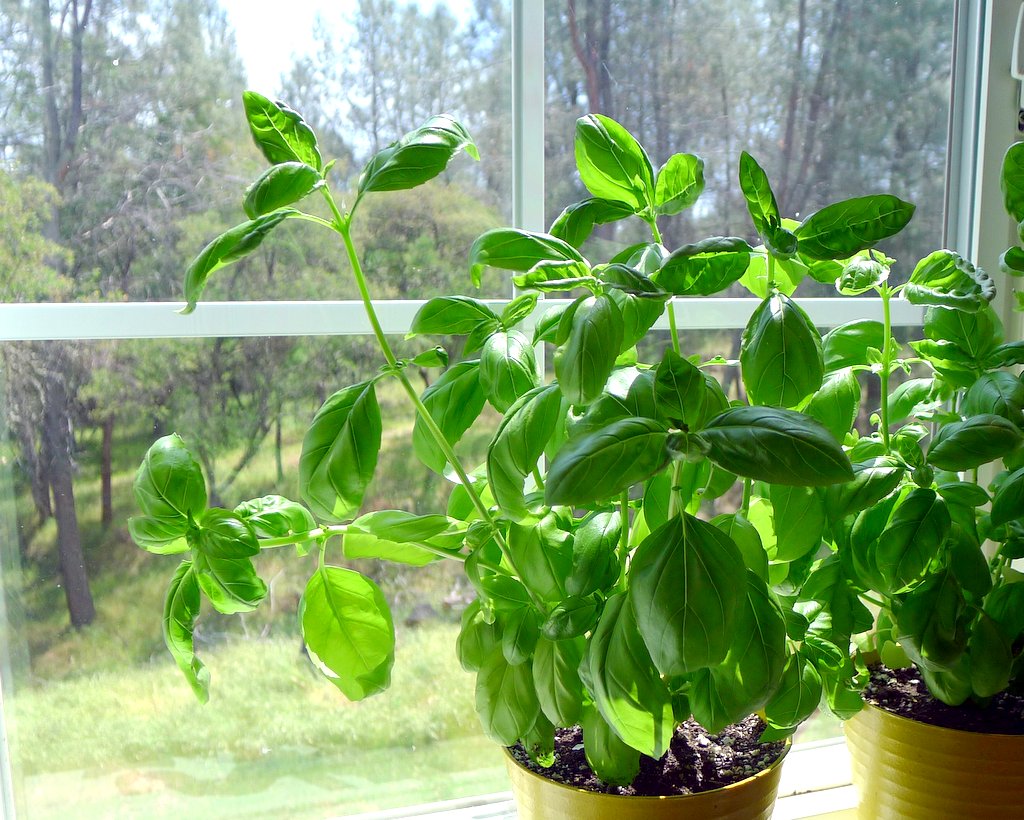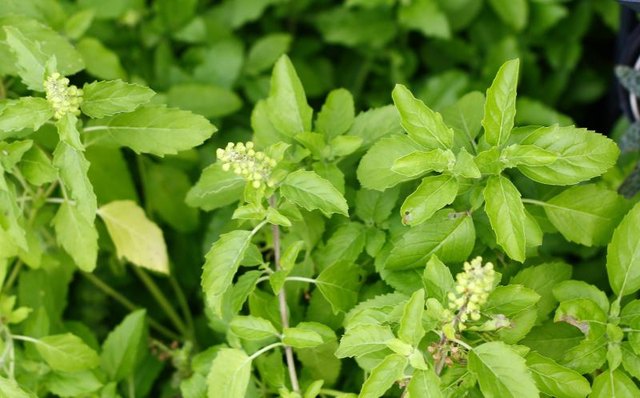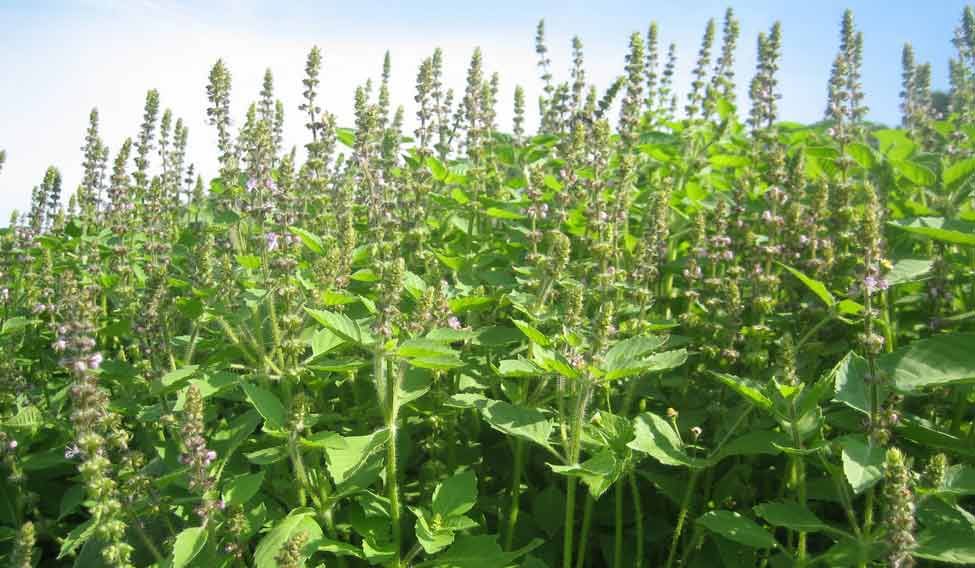YEH TO HAR GHAR MAIN HONA CHAHIYE NA …….Every one should have this in their homes…………..
Rehaan (الريحان) (Tulsi)
Names: –
9. Family Larniaceae
Introduction:-
smelling plants. It is not one type of plant, Allah Ta’lah has gifted
every region a sweet smelling plant, according to their needs, and they
all come under the topic of Rehaan (الريحان) means every region grows sweet smelling plants of its own kind by the grace of Allah Ta’lah,

Characters of Rehaan (الريحان): –
There are different-
In India it may be Tulsi.
Quranic references: –
1. Chapter (Sura) Rahmaan verse no. 12.
Prophet صلی اللہ علیہ وسلم ’s guidance about Rehaan (الريحان): –
Arabic words written in below references
are the words mentioned in respected Hadees. You can confirm the
references of Hadees at sunna.com & Al-Maktab Al-Shamilah (المكتبة
الشاملة) also.
Rehaan (Rayhan) in Jannah: –
1. Hazrat Usama Bin Shariq رضي الله عنه narrates a long Hadees in which Nabi صلی اللہ علیہ وسلم explained a long detail about Jannah (الجنة) (in that, it is said that, In Jannah (الجنة) (paradise) there will be plants of Rehaan (Rayhan) (الريحان) (sweet smelling plants) & its branches, & mentioned other luxurious things of Jannah (الجنة) .(It is a long Hadees). : Reference Kanz al-Ummal: 39268.
Do not refuse or reject Rehaan (Rayhan),
if it is gifted: –
2. Hazrat Abu Usman An-Nahdi رضي الله عنه says that Nabi صلی اللہ علیہ وسلم said if anyone of you is given (gifted) Rehaan (Rayhan) (الريحان) (fragrance) do not reject (refuse) it, (because) it is from Jannah (الجنة). : Reference Tirmizi: 3021; Book No. 43, In English volume no.5; Book 41, Hadees no 2791.
3. Hazrat Abu Hurairah رضي الله عنه says that Nabi صلی اللہ علیہ وسلم said whoever is offered Rehaan (Rayhan) (الريحان), should not refuse it, (because) it has pleasant smell & is light in weight. : Reference Muslim 2253; Book no. 40; In English; Book no. 27; Hadees no. 5600.
Quran reciting people: –
4. Hazrat Abu Musa Al-Ash’ari رضي الله عنه says that Rasool Allah صلی اللہ علیہ وسلم
said “A believer who recites the Qur’an is like an orange whose
fragrance is sweet and whose taste is sweet, a believer who does not
recite the Qur’an is like a date which has no fragrance but has a sweet
taste and the hypocrite (munafiq & faajir) who recites the Qur’an
is like Rehaan (Rayhan) basil whose fragrance is sweet, but whose taste
is bitter and a hypocrite (munafiq & faajir) who does not recite the
Qur’an is like the colocynth which has no fragrance and has a bitter
taste. : Reference Bukhari: 5427; Book no. 70; In English volume no. 7 Book no. 65; Hadees no 338. (Colocynth is a bitter cucumber & also
bitter apple).
Nabi صلی اللہ علیہ وسلم‘s Rehaan (Rayhan) on Earth: –
5. Nabi صلی اللہ علیہ وسلم said that Hasan & Husein رضي الله عنه both are my Rehaan (Rayhan) (الريحان) (sweet smelling flowers) on earth (الدنيا). : Reference Mishkat: 6145.
Angles Referring a pious soul as Rehaan
(Rayhan): –
6. Narrated Abu Hurairah رضي الله عنه that Rasool Allah صلی اللہ علیہ وسلم
once explained a long detail about (Farishtaas) angels coming to a good
pious person to remove his soul, the angles refer the good person’s
soul as Rehaan (Rayhan) (الريحان) (Along with many praises). : Reference Mishkwat: 1627.

together can be soaked in water, over night and boiled in mourning for
15 minutes, than filter and drink the water in lukewarm condition.
(a type of bhaji, leafy, with root or use its seeds), munnaka (dried
grapes of big size), kalonji (black seeds) etc but use in little
quantity, for 21 days or more.
it, like leaves, soft stems, flowers etc together, because they all have
different- different benefits and are compatible to each other.
Scientific benefits of Rehaan:-
1.Reduces cough, lungs infection, diarrhea, stomach infection, cold & cough.
How much to use:-
stem, with 1 or 2 flowers, daily 2 to 3 times a day for 15 to 30 days.
Important: –


it is said that “the hypocrite (munafiq & faajir) who recites the
Qur’an is like Rehaan (Rayhan) basil whose fragrance is sweet, but whose
taste is bitter” may refer to sweet smelling plants, thought Allah only
knows better, the interpretation of this Hadees is very wide & not
easy to do, I understand from this Hadees is that, All the sweet
smelling plants may not be good to use, so they are compared with
non-believers (munafiq & faajir).
has many health benefits but also a side effect, the above-ground parts
of basil and basil oil are POSSIBLY UNSAFE when taken by mouth as a
medicine, long-term. These contain estragole, a chemical that might
increase the risk of getting liver cancer.
But in one Hadees it is said, “Hasan & Husein رضي الله عنه both are my Rehaan (Rayhan) (الريحان)
on earth (الدنيا) again interpretation here is difficult, what I
understand here is perfumes, thought Allah knows better,
Research indicates that there several health benefits associated with basil: –
revealed that basil “contains a wide range of essential oils rich in
phenolic compounds and a wide array of other natural products including
polyphenols such as flavonoids and anthocyanins.”
The herb contains high quantities of (E)-beta-caryophyllene (BCP), which may be useful in treating arthritis and inflammatory bowel diseases, according to research conducted at the Swiss Federal Institute of Technology.3

Reduce inflammation and swelling – a
study presented at the Royal Pharmaceutical Society’s annual event,
revealed that “extracts of O. tenuiflorm (Holy basil) were shown to
reduce swelling by up to 73%, 24 hours after treatment”.
research presented at the British Pharmaceutical Conference (BPC) in
Manchester, basil has properties that can help prevent the harmful
effects of aging. Holy basil extract was effective at killing off
harmful molecules and preventing damage caused by some free radicals in
the liver, brain and heart.
published in the Journal of Advanced Pharmacy Education & Research
showed that ethanol extract Ocimum basillicum had more antioxidant
activity than standard antioxidants.4
Conclusion of Hadees: –
plants, do not refuse if you are gifted Rehaan (Rayhan) (perfume or
flower or sweet smelling plant), and good souls are referred as Rehaan
(Rayhan) by angles. This lesson has 6 Hadees.

